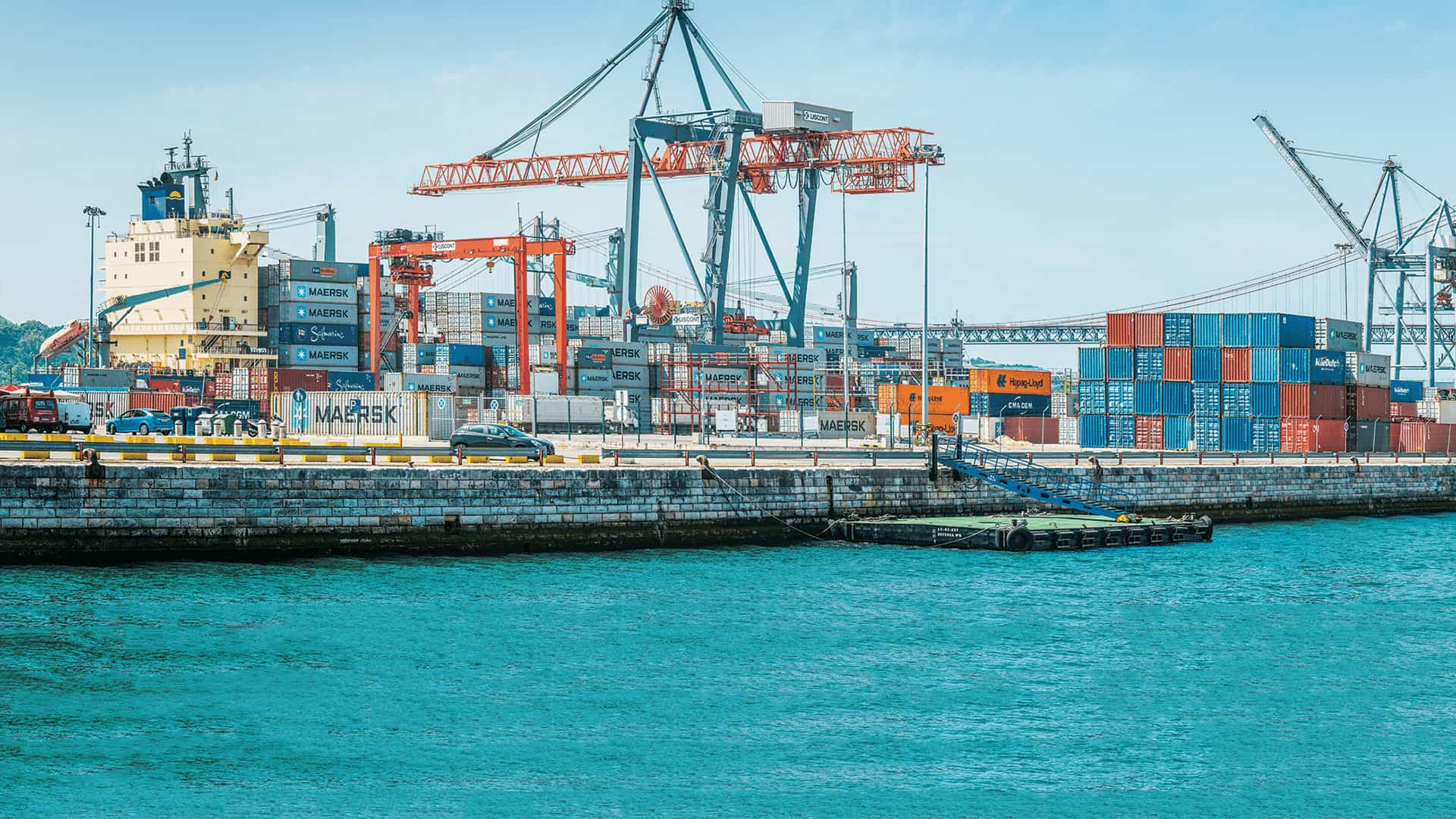
Summary
Thanks to central banks’ coordinated efforts, the global economy has not only recovered from the financial crisis, but enjoyed a good run of solid growth and low inflation. Take a closer look at this “Goldilocks moment” for insights into the cast of characters at play – and the surprises that may be in store.
Key takeaways
|
Our global economy is having a “Goldilocks moment” of sustained growth and low inflation: like the perfectly done porridge in the famous fairy tale, it’s not too hot and not too cold. In fact, today’s environment is “just right” for supporting high equity valuations, tight credit spreads and generally low levels of volatility. But like many cautionary tales, this Goldilocks story may not end happily ever after.
A modern cast of characters
Thanks to the strong performance of financial markets since the financial crisis, our economic Goldilocks story features a family of Three Bears who have had quite a bullish run.
- Goldilocks. For years, the global economy benefited from the free-spirited monetary policy of central banks around the world, which have created a “just right” environment. Financial repression has kept interest rates artificially low and asset classes artificially high.
- Papa Bear. The United States has the biggest, strongest economy around, but it may be top-heavy: for years, the US economy has been pumped up by low interest rates, excessive fiscal stimulus and unfunded borrowing.
- Mama Bear. The European Union’s economy is closely tied to the United States’, but it has its own personality and bad habits: negative interest rates and bank subsidies have kept zombie companies alive, and the EU has little appetite for real economic or fiscal reforms.
- Baby Bear. Asia’s economy has long been the heir apparent to its Western relatives. Although Asia’s markets aren’t as mature, they are growing – and the region’s work ethic is strong. With the right state reforms and long-term policies, she’ll have a bright future.
An uncertain setting
In our adapted fairy tale, the economic Goldilocks has been enjoying a good run in the Three Bears' house since the financial crisis, living off their resources and enjoying their services. Yet eventually, she finds that the world she’s thriving in isn’t quite as warm and welcoming as she once thought.
- Goldilocks discovers that Papa Bear (the US) has grown a protectionist streak and is threatening to seal up his house – limiting the global trade that has been keeping everyone warm and well-fed.
- Mama Bear (the EU) is having an internal battle; parts of her want to stay, others want to leave and outsiders want to move in. Much of her time is spent trying to quiet her internal voices – Italy is currently expressing the loudest discontent – while getting along with her increasingly cross spouse.
- Baby Bear (Asia) has an attractive vision for the future – one built on nourishing growth, hard work and reform. Although she’s still young, she hasn’t yet inherited her parents’ fondness for excessive consumption and borrowing.
An unknown ending
At some point, depending on the telling, the classic Goldilocks fairy tale ends up taking different turns: some versions show her getting frightened and running off into the woods; others find her being eaten by the Three Bears.
Our global economy’s fairy-tale moment is similarly uncertain – we don’t know how, if or when this story will end. But we do know that central banks globally have abused the hospitality of economies and savers instead of forcing proper capital and market reallocations. This has caused dissonance and misallocations on a scale not seen since the global financial crisis. So while it’s possible this Goldilocks moment will continue happily ever after, it’s more likely the global economy won’t stay “just right” forever.
Investing involves risk. The value of an investment and the income from it will fluctuate and investors may not get back the principal invested. Past performance is not indicative of future performance. This is a marketing communication. It is for informational purposes only. This document does not constitute investment advice or a recommendation to buy, sell or hold any security and shall not be deemed an offer to sell or a solicitation of an offer to buy any security. The views and opinions expressed herein, which are subject to change without notice, are those of the issuer or its affiliated companies at the time of publication. Certain data used are derived from various sources believed to be reliable, but the accuracy or completeness of the date is not guaranteed an no liability is assumed for any direct or consequential losses arising from their use. The duplication, publication, extraction or transmission of the contents, irrespective of the form, is not permitted. This material has not been reviewed by any regulatory authorities. In mainland China, it is used only as supporting material to the offshore investment products offered by commercial banks under the Qualified Domestic Institutional Investors scheme pursuant to applicable rules and regulations. This document is being distributed by the following Allianz Global Investors companies: Allianz Global Investors U.S. LLC, an investment adviser registered with the U.S. Securities and Exchange Commission; Allianz Global Investors GmbH, an investment company in Germany, authorized by the German Bundesanstalt für Finanzdienstleistungsaufsicht (BaFin); Allianz Global Investors Asia Pacific Ltd., licensed by the Hong Kong Securities and Futures Commission; Allianz Global Investors Singapore Ltd., regulated by the Monetary Authority of Singapore [Company Registration No. 199907169Z; Allianz Global Investors Japan Co., Ltd., registered in Japan as a Financial Instruments Business Operator [Registered No. The Director of Kanto Local Finance Bureau (Financial Instruments Business Operator), No. 424, Member of Japan Investment Advisers Association and Investment Trust Association, Japan]; and Allianz Global Investors Taiwan Ltd., licensed by Financial Supervisory Commission in Taiwan.
546589
About the author


Summary
As President Donald Trump ramps up the trade wars and retaliatory measures spread, investors are entering an unknown landscape – and no one knows what the US will do next. Yet given that trade makes up more than one-third of global GDP, it’s critical to assess what we do and don’t know about how the status quo could change.
Key takeaways
|






